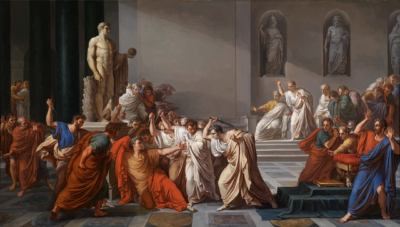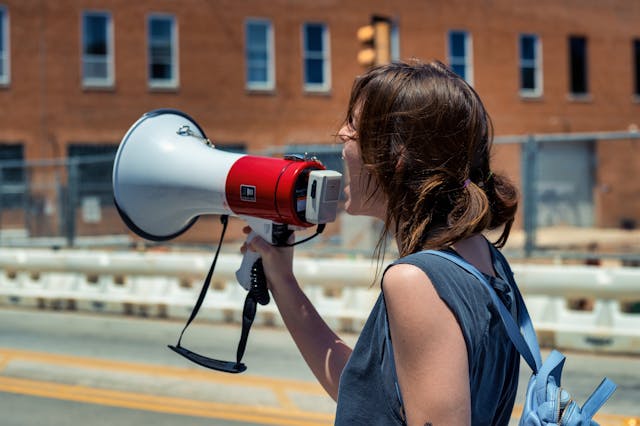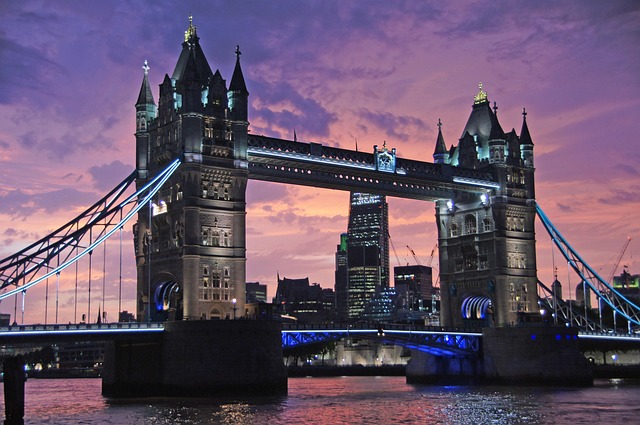
Our liberal democratic system is based on a kind of paradox. It derives from the fear that anti-democratic parties will take advantage of free elections, win votes, and then dismantle the democratic system. The only effective way to protect oneself would be to ban anti-democrats. But bans are not compatible with openness and freedom of opinion – which is also an important part of democracy. So, what to do?
The paradox usually results in a decision to reject bans and censorship, and instead try to steer people in a democratic direction with so-called soft power.
The media, institutions and the education system rarely engage in criticism of democracy. This prevents the message from spreading to any great extent. But to achieve this, journalists, teachers and officials need to be influenced in the right direction. This is done primarily through the education system, which is required to operate on the basis of the right values. It is relatively easy to control schools via curricula if you have state education programmes in a country. Private education programmes can also be controlled through state certification or other interventions. Should people with the wrong attitude occasionally slip through, they can also be removed by soft power, such as demotion, reassignment, etc.
Ethical savings schemes and large pension funds can also be used to invest in companies with the right values and avoid those without. In this way, society can build a bubble around the right values and keep the wrong ones out. In recent years, the internet and alternative media have challenged the system, poking small holes in the bubble. But soft power extends even beyond these escapees.
Critics of democracy are often labelled as bad people, racists, fascists, etc. and there is rarely room for nuance. Most people who criticise general elections do so on specific premises. Perhaps they want to introduce some voting restrictions, or give more power to individual politicians so that they can more easily resolve society’s difficulties without the so-called democratic bickering.
You can think what you like about these views, but the intention of democratic criticism is not always malicious. They often want to solve difficult problems in an unconventional way. Separating these views from the public debate is probably unhealthy, even for defenders of democracy. But they see no other way out. If more and more people were to vote for strong men, or demand income restrictions in parliamentary elections, for example, the current democratic system could collapse.
That’s why it’s important to talk about basic values, an inclusive environment, and to constantly point at the major anti-democratic failures of the last century, and to neglect historical periods before the introduction of universal suffrage, even though they have a lot to tell us.
In addition, we also have people or organisations that are falsely accused of being anti-democratic. As condemnation is a powerful weapon, it can also be used effectively against other opponents. Those who see themselves as defenders of democracy have no scruples, they are automatically right in their intentions, and they may see themselves as knowledgeable or untouchable. Sometimes the mere suspicion of anti-democratic ideas can lead to exclusion. It becomes a matter of interpretation, with the temptation to play it safe.
The majority of accusations today are probably of this kind, in other words false, because the real anti-democrats are few in number. You can now be labelled for criticising climate policy, immigration, feminism, etc. Such criticism does not threaten democracy, even though it is often claimed.
It doesn’t take much analysis to realise that soft power is slowly leading to the intellectual impoverishment and dumbing down of society. Even if it is carried out in good faith. Proponents see no other way out. And also, soft power has become inflated and is used far beyond its original purpose.
Unfortunately, we realise that real democracy is difficult to achieve, precisely because of fear and anxiety, not daring to let the system stand on its own and risk being challenged by anti-democratic forces. We have bad experiences of such things from the last century. It is something that cannot be overcome, both out of genuine fear and also for reasons of convenience.
That is why we have introduced a soft power system, which ensures that discipline prevails in society, so that citizens do not cultivate incorrect opinions. Would it not be more than fair to call such a system by its proper name, a soft dictatorship?







